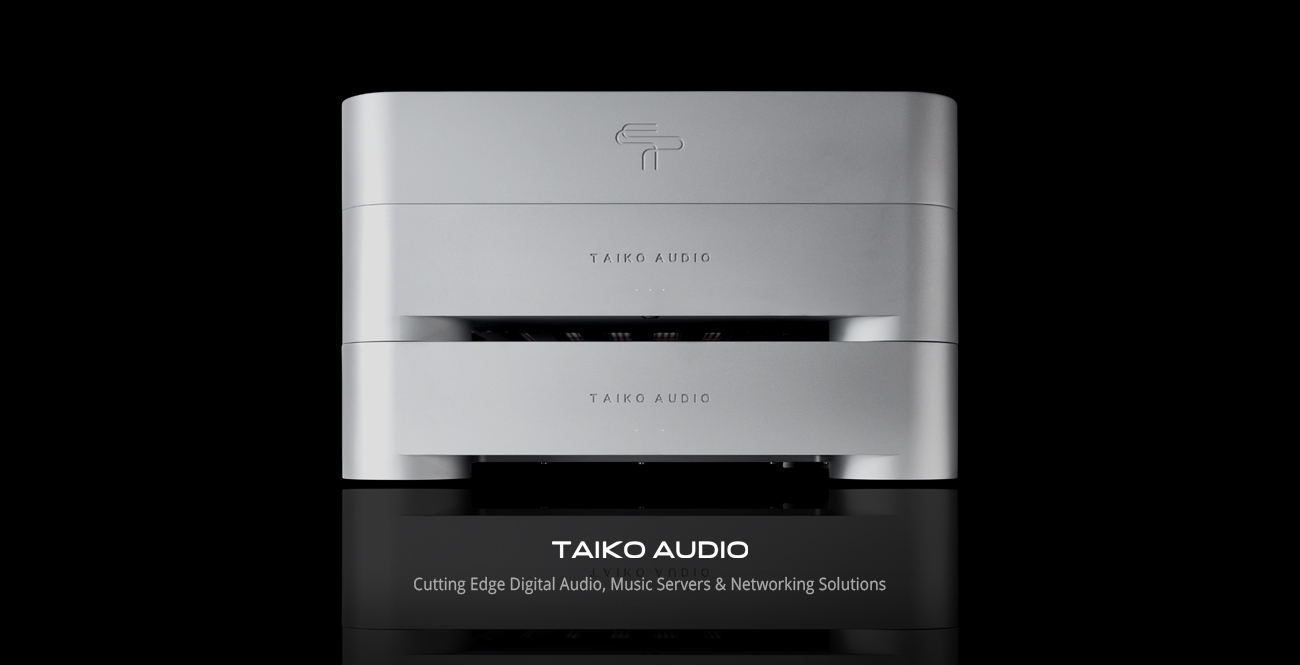I think simmilar .“ (in fact it's not really a switch)”
if i have to make a gues, its a device that completely re-clocks and isolates the network signal.
I am using two Buffalo 2016 switches with PinkFaun clocks for a reason.
I found it long ago that Extreme is extremelly sensitive in my system for any network changes
or twicks. I was able to elevate the sinic quality so significantly I could not believe.
Nor mention that with the switches and their setttings I was able to modify the SQ in any way I wanted.
I could not be happier that Emile and his Team picked that route.
They will be able to do it so much metter than anyone else by adding their secret formula used
and tested in extreme.


